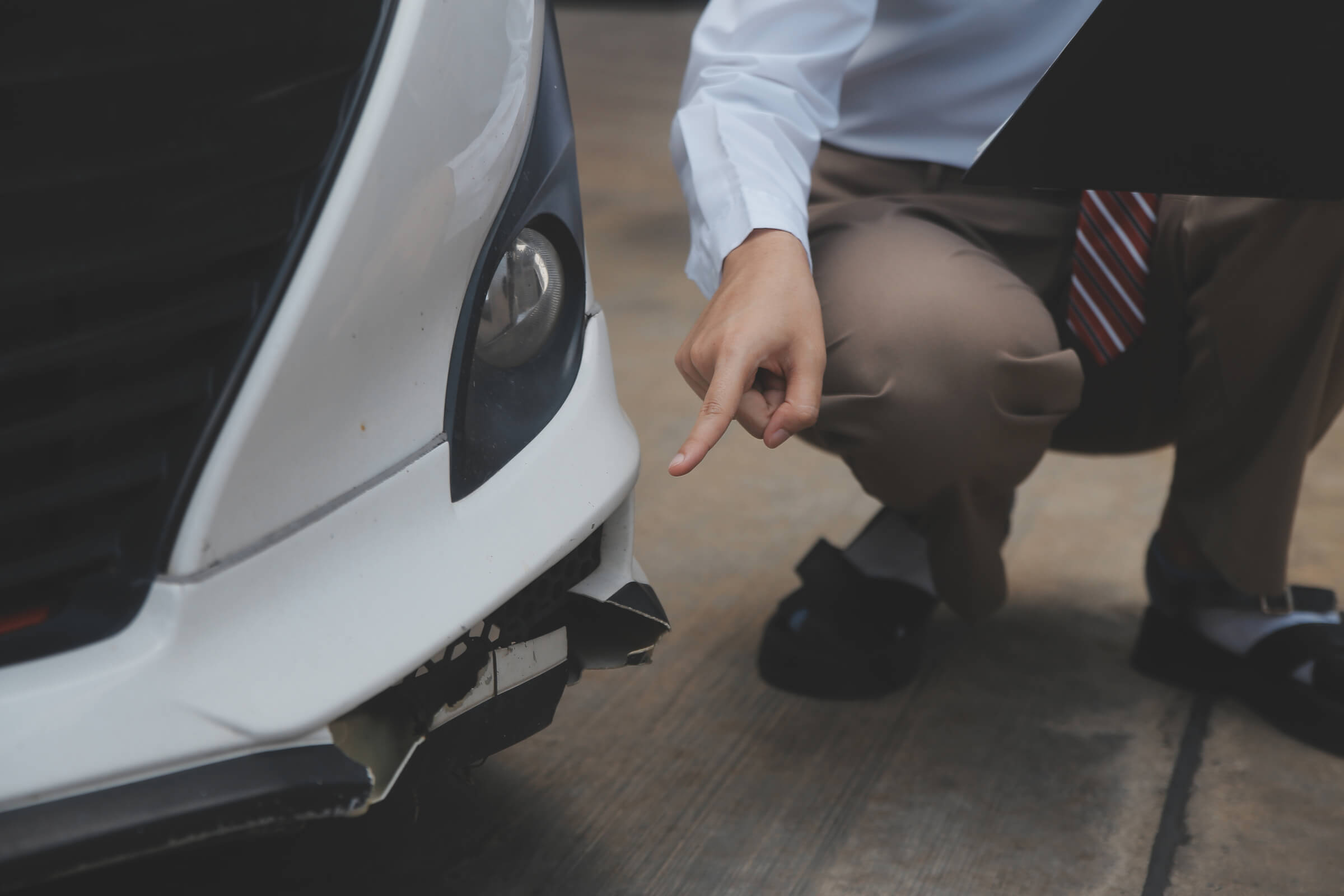
How to Handle Insurance After a Fender Bender (Without Raising Your Rates)

by Erin Anderson
Even a small accident can come with big questions — and bigger worries about how it'll affect your insurance. But not every fender bender has to lead to a rate hike. In fact, the steps you take immediately after a minor crash can have a major impact on how smoothly the claim goes — and whether your premiums go up later.
Here's how to handle a low-speed accident the smart way, without making it more costly than it needs to be.
Check for Injuries and Stay Calm
Your first priority is safety. Make sure everyone is okay and move your vehicles out of traffic, if possible. Even in minor accidents, tensions can run high — so staying calm, polite, and focused helps prevent the situation from escalating.
Avoid admitting fault at the scene. Just stick to the facts and let the insurance companies sort out the rest later.
Document Everything — Even If It Seems Minor
Take clear photos of all vehicles involved, any visible damage, the surrounding area, and even the license plates. Get contact and insurance info from the other driver, and gather witness statements if anyone saw what happened.
The more documentation you have, the better — especially if the other party changes their story or files a claim against you.
Decide Whether to Involve Insurance
Here's where it gets tricky: Should you file a claim or pay out of pocket?
If the damage is truly minor and you and the other driver agree on costs, it may make sense to handle it privately — especially if the repair cost is less than your deductible. But proceed with caution. If the other driver later files a claim, you'll want to have already informed your insurer.
When in doubt, report it — just ask your insurer whether it can be logged without opening a formal claim.
Understand When Rates Actually Go Up
Contrary to popular belief, not every accident leads to higher rates. If you're not at fault, your premium may stay the same. Some insurers also offer accident forgiveness, especially if you've been claim-free for a while.
Still, even small claims can have long-term costs — so it's worth knowing your options before you commit.
Don't Delay Repairs (or Let Your Car Sit Unchecked)
Even if the damage seems cosmetic, a fender bender can affect your alignment, sensors, or safety features. Get a quick inspection to make sure everything's still functioning correctly — especially your brakes and steering.
Delaying repairs could lead to bigger issues later — and if your car gets into another accident in the meantime, you might not be fully covered.
The Bottom Line
A fender bender doesn't have to wreck your day — or your insurance. If you stay calm, document the scene, and know your claim options, you can navigate the process smoothly and minimize the financial impact.
And if your rates do go up, or if your current coverage doesn't give you peace of mind, it may be time to compare quotes. You might find a better fit — especially if your driving history is otherwise clean.